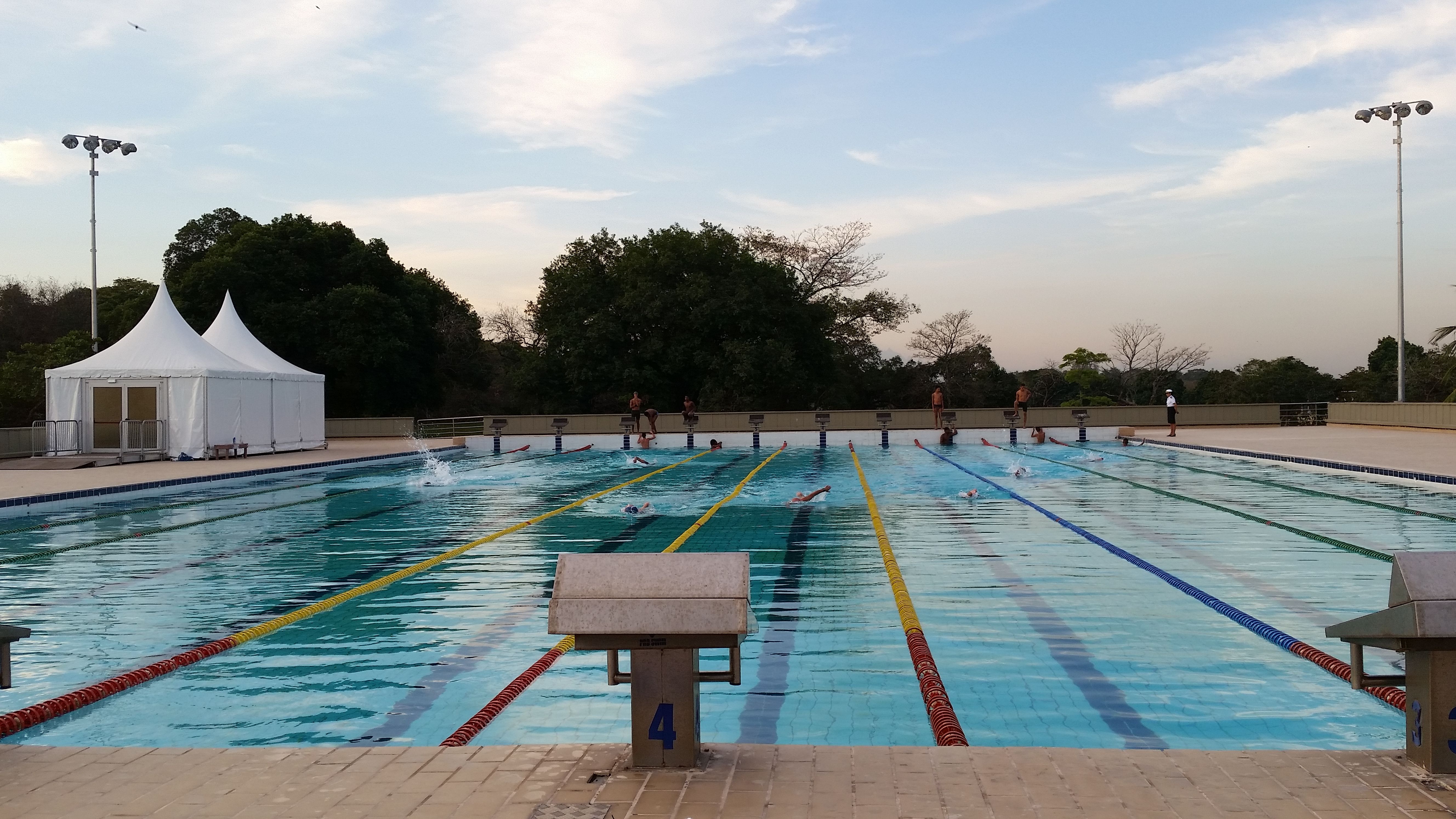Analysts are sure that the cautious tactics of sponsors in Rio is linked to the country’s economic crisis, changes in marketing strategies, as well as the fact that the Olympic events are held in different parts of the vast metropolis, rather than concentrated in the Olympic Park, as it was in London. "Appearance of weak advertising arises from the fact that everything is scattered in the space very widely", - explains Shawn McBride, vice president of Ketchum Sports & Entertainment, which represents many sponsors including Procter & Gamble.
Decisions of sponsors have been largely influenced by the economic and political situation in Brazil. In addition, corporations have redistributed marketing budgets in favor of advertising on the Internet and social networks. "Of course, a company would prefer to spend money on advertising in social networks, rather than to set up its own stand in the Olympic Park for several million dollars", - commented former Marketing Director of the IOC Michael Payne.
Some of the major sponsors argue that their presence in Rio is comparable with the previous Games in London, and refute the assumption that they have reduced advertising activity for security reasons.
Coca-Cola is trying to vindicate itself saying that the company’s presence in Rio is "typical" compared with other Summer Olympics. It has its own area in the Olympic Park; in addition, the company holds concerts in a renovated former warehouse in the port area, painted in Coca-Cola’s colors. The corporation has not made changes or reductions in the reception program at the Olympics, said its spokesman. On the other hand, Coca-Cola is not holding a meeting of the Board of Directors in Rio, unlike several previous Games. Earlier in July, the corporation said that a full-scale advertising campaign with the Olympic logo will be launched in about 50 countries, compared to more than 100 of them four years ago.
Advertising of other sponsors - for example, Bridgestone and Visa – can be seen at the airport and somewhere in the city. General Electric’s hospitality program is meant to welcome 800 guests at the Olympic Games in Rio, including top managers of the company, their family members and clients of the corporation.
However, as previously stated by the Games’ representative Mario Andrada, sponsored places at certain events remain unfilled. In this terms, beach volleyball competition was particularly noticeable. Sponsors return tickets even to such popular events as the finals of the swimming competitions, says Rob Prazmark, one of the most highly regarded executives in the Sports and Entertainment Business. He has not seen anything like this in 30 years in the Olympic Games marketing. Companies had reserved seats in stadiums and hotel rooms more than a year before the Games, but their guests preferred to stay at home for fear of political and economic instability in Brazil, and Zika virus.
source: wsj.com
Decisions of sponsors have been largely influenced by the economic and political situation in Brazil. In addition, corporations have redistributed marketing budgets in favor of advertising on the Internet and social networks. "Of course, a company would prefer to spend money on advertising in social networks, rather than to set up its own stand in the Olympic Park for several million dollars", - commented former Marketing Director of the IOC Michael Payne.
Some of the major sponsors argue that their presence in Rio is comparable with the previous Games in London, and refute the assumption that they have reduced advertising activity for security reasons.
Coca-Cola is trying to vindicate itself saying that the company’s presence in Rio is "typical" compared with other Summer Olympics. It has its own area in the Olympic Park; in addition, the company holds concerts in a renovated former warehouse in the port area, painted in Coca-Cola’s colors. The corporation has not made changes or reductions in the reception program at the Olympics, said its spokesman. On the other hand, Coca-Cola is not holding a meeting of the Board of Directors in Rio, unlike several previous Games. Earlier in July, the corporation said that a full-scale advertising campaign with the Olympic logo will be launched in about 50 countries, compared to more than 100 of them four years ago.
Advertising of other sponsors - for example, Bridgestone and Visa – can be seen at the airport and somewhere in the city. General Electric’s hospitality program is meant to welcome 800 guests at the Olympic Games in Rio, including top managers of the company, their family members and clients of the corporation.
However, as previously stated by the Games’ representative Mario Andrada, sponsored places at certain events remain unfilled. In this terms, beach volleyball competition was particularly noticeable. Sponsors return tickets even to such popular events as the finals of the swimming competitions, says Rob Prazmark, one of the most highly regarded executives in the Sports and Entertainment Business. He has not seen anything like this in 30 years in the Olympic Games marketing. Companies had reserved seats in stadiums and hotel rooms more than a year before the Games, but their guests preferred to stay at home for fear of political and economic instability in Brazil, and Zika virus.
source: wsj.com





